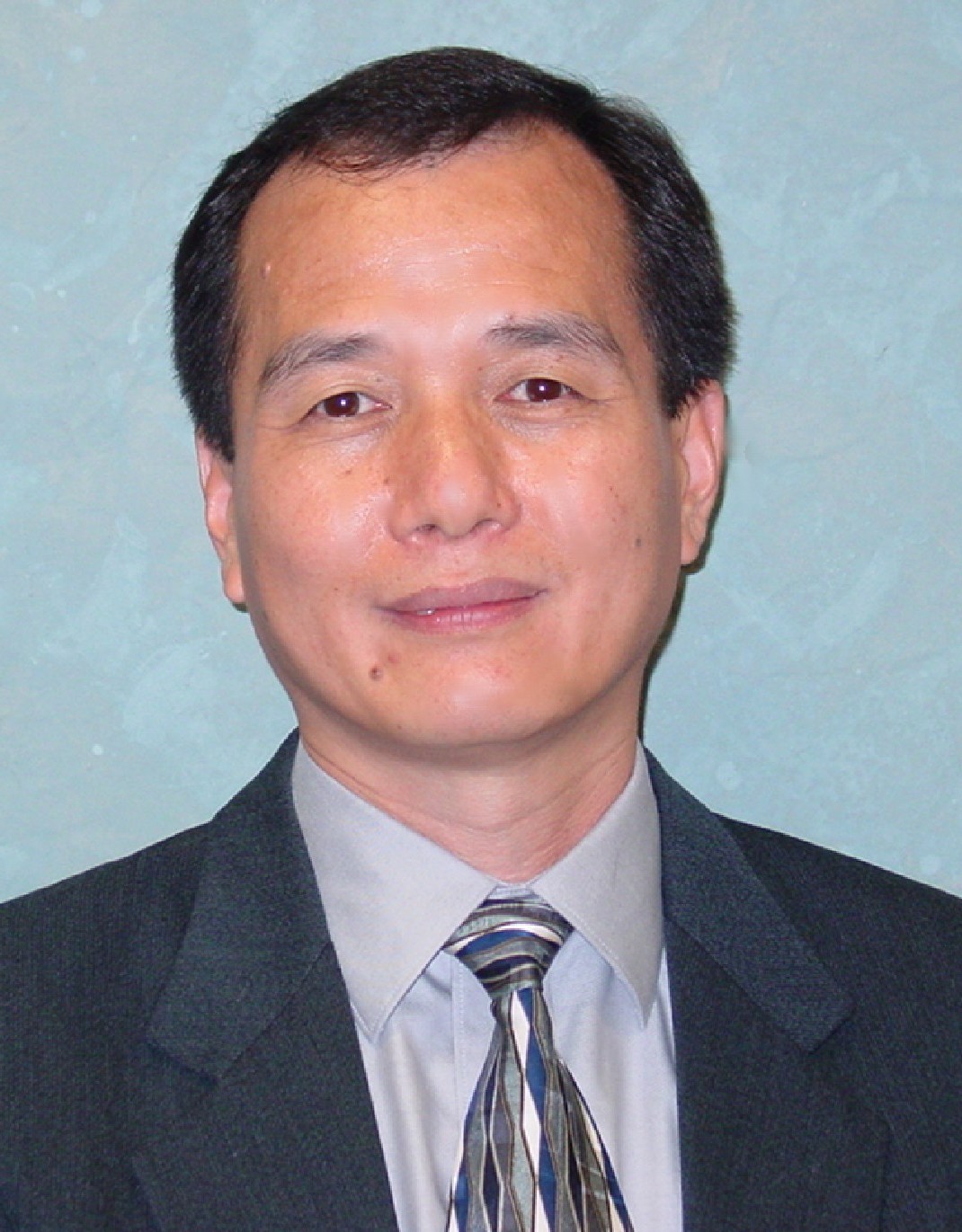Meng Tao
|
Dr. Meng Tao |
Dr. Meng Tao is a Professor in the School of Electrical, Computer and Energy Engineering at Arizona State University. He received his Ph.D. in Materials Science and Engineering from the University of Illinois at Urbana-Champaign in 1998, M.S. in Materials Science and Engineering from Zhejiang University in 1986, and B.S. in Metallurgy from Jiangxi Institute of Metallurgy in 1982. His career includes nine years with the State Key Laboratory of Silicon Materials at Zhejiang University and ten years as a Professor of Electrical Engineering at the University of Texas at Arlington. His current research covers a wide range of topics in terawatt solar photovoltaics including Earth-abundant active layer and transparent electrode in thin-film solar cells, substitution of silver electrode in silicon solar cells with Earth-abundant aluminum, energy-efficient electrorefining for solar-grade silicon, silicon cell and module recycling, and solar-powered electrolysis for solar electricity storage. His work led to the demonstration of a silicon (100) surface free of surface states, enabling record-low and record-high Schottky barriers on silicon. His work also led to the development of consistent, quantitative, and predictive models for the growth kinetics of many chemical vapor deposition processes. He played a critical role in the establishment of the U.S. Photovoltaic Manufacturing Consortium under SEMATECH in Albany, New York. Since 2006 he has been the lead organizer for the Electrochemical Society symposium series on Photovoltaics for the 21st Century. His new book, “Terawatt Solar Photovoltaics: Roadblocks and Opportunities”, was published by Springer in 2014.








